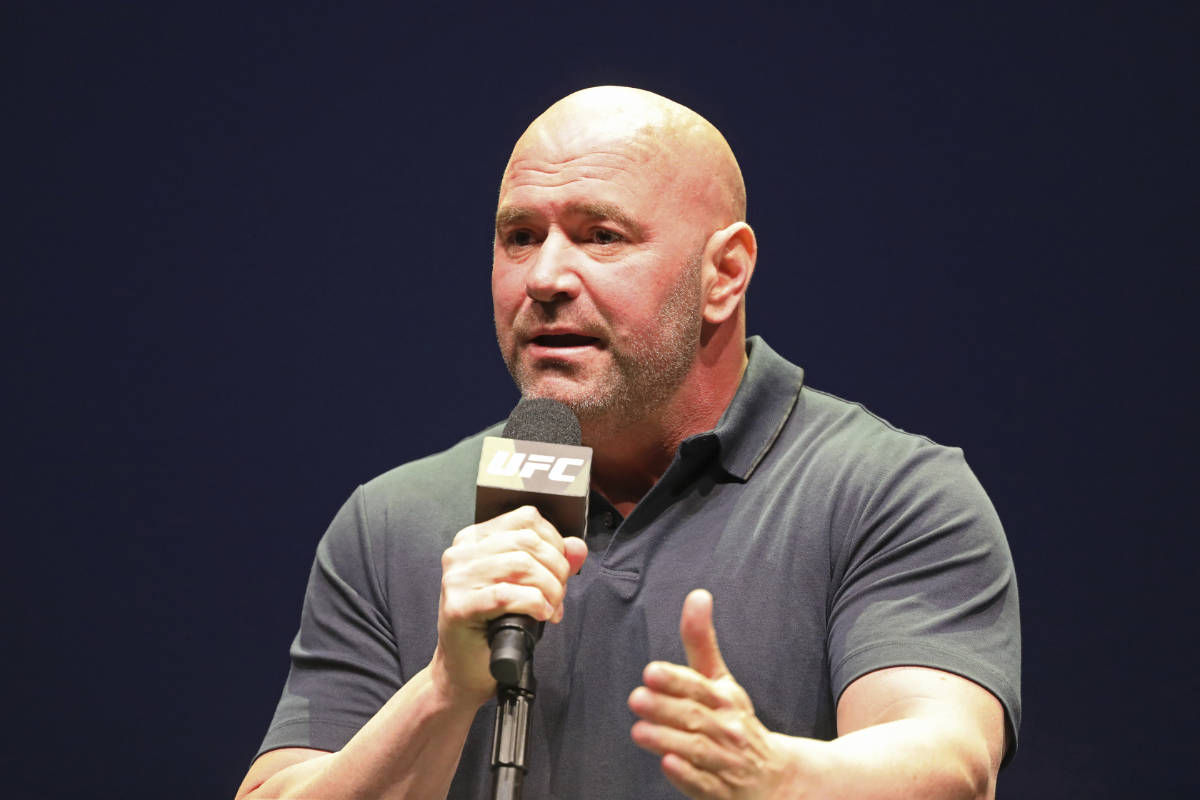One of the first things Aurora Cannabis’s new CEO will do is deliver a knock-out blow to a multi-year, multi-million dollar partnership with the Ultimate Fighting Championship, a mixed martial arts organization with more than 300 million fans around the gl0be.
The multi-year, multi-million dollar partnership was meant to help conduct clinical research on the relationship between 100 per cent hemp-derived CBD products and pain management, inflammation, injury recovery and mental well-being for athletes.
Aurora’s research was to be led by Dr. Jason Dyck, professor at the University of Alberta and a Canada Research Chair in Molecular Medicine, a news release from May 2019 says, adding that the work was to be done at the UFC Performance Institute in Las Vegas.
Dyck is also an independent director on Aurora Cannabis’s board.
The reversal is a far cry from this May 21, 2019 statement from UFC president Dana White:
”Since the day we opened the Performance Institute, our primary goal was to offer UFC athletes the best possible training, nutrition, and recovery services. This partnership with Aurora is an extension of that goal, and we’re looking forward to collaborating with Aurora to find new ways to improve the health and safety of athletes who compete in UFC.”
Aurora had hoped the partnership would accelerate CBD product development and education.
The partnership came at a time when Aurora thought the U.S. Federal Drug Administration was farther ahead on regulation of CBD and the market looked different, Martin said.
“Today, while I’m particularly quite bullish, it is not there yet,” he said Tuesday.
“So when you look at something like the tremendous investment in the assets of UFC, it doesn’t make sense for us.”
Aurora will make a one-time payment of US$30 million to terminate the contract in the first quarter of next year and said ending the agreement will help it avoid more than $150 million in fees, research costs and marketing expenses over the next five years.
— With Canadian Press

